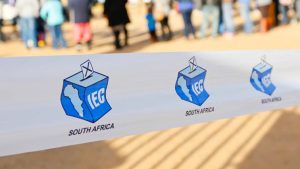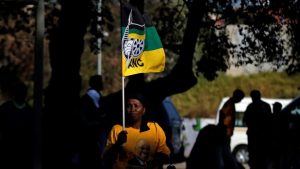The Constitutional Court will on Thursday hand down judgment on whether Section 40 of the Children’s Act is constitutional in relation to same sex parental rights.
As the Act stands right now, only one person in a lesbian marriage can legally be the mother of a child. This also applies in gay marriages.
A lesbian couple faced with the problem has approached the apex court challenging the Act.
Discrimination
During the hearing, it has been argued that the act discriminates against same-sex female couples. They submitted that parental responsibilities and rights are not automatically assigned to them in terms of the legislation.
Legal expert, Sifiso Makhoba, says this is an issue that has been going on for some time, particularly on children born using artificial insemination.
“You are regarded as a parent of a child born of artificial insemination only if you are married. Until that was overruled by the High Court of Pretoria, saying both parents should be therefore recognised as parents of the child because both are given parental duties and responsibilities towards the child.”
Currently, the law does not provide for a situation where two women in a committed relationship can conceive a child by using a fertilised egg of one woman implanted in the other.
The couple have challenged Section 5 of the Children’s Status Act which they say is unconstitutional as it has violated the right to equality by only allowing for married couples to become joint parents of a child born to them as a result of artificial insemination, but it did not allow same-sex partners to become joint parents to a similarly born child.
The Centre for Child Law joined the couple as friends of the court.
The Centre’s Stanley Malematja says, “Section 40 of the Children’s Act provides for spouses who conceive via artificial insemination to have automatic parental responsibilities regardless of whether the gamete is from only one of them were used. The Centre for Child Law agreed with the applicant that the section was unconstitutional but not only for same sex but also for unmarried heterosexual couples.”
Malematja says they are hoping for a positive outcome. -Report by Horisani Sithole and Nonhlanhla Ntshingila






